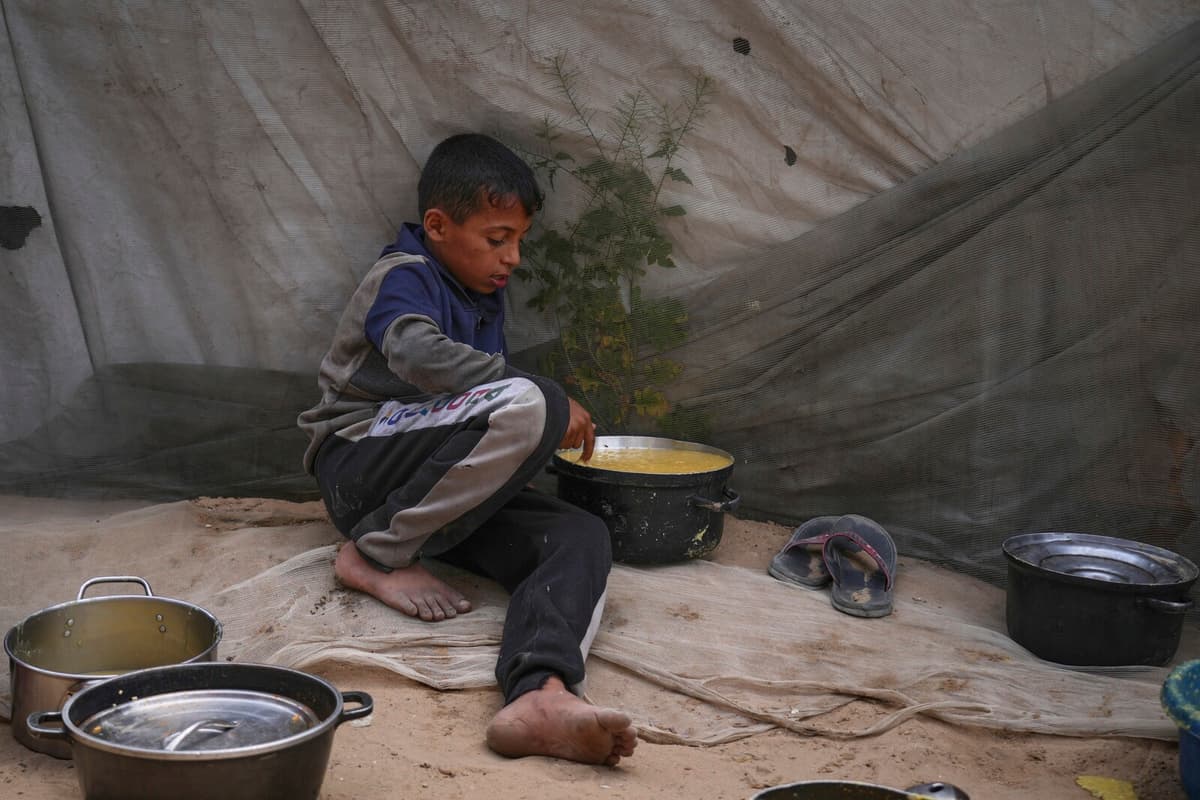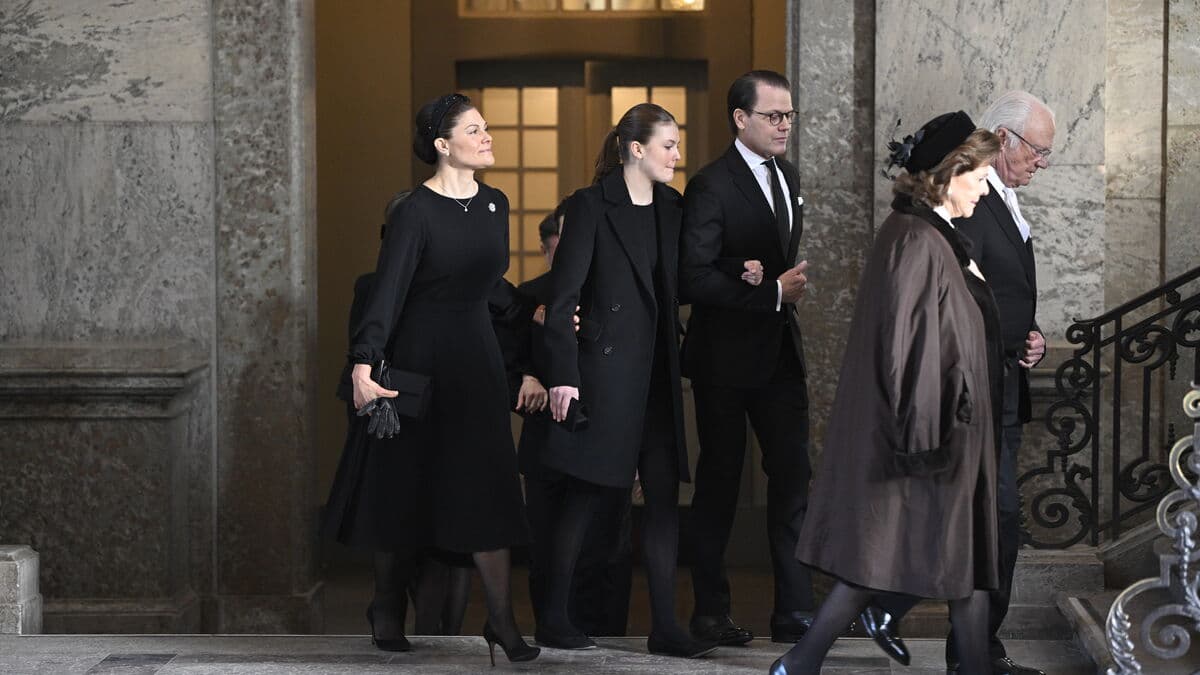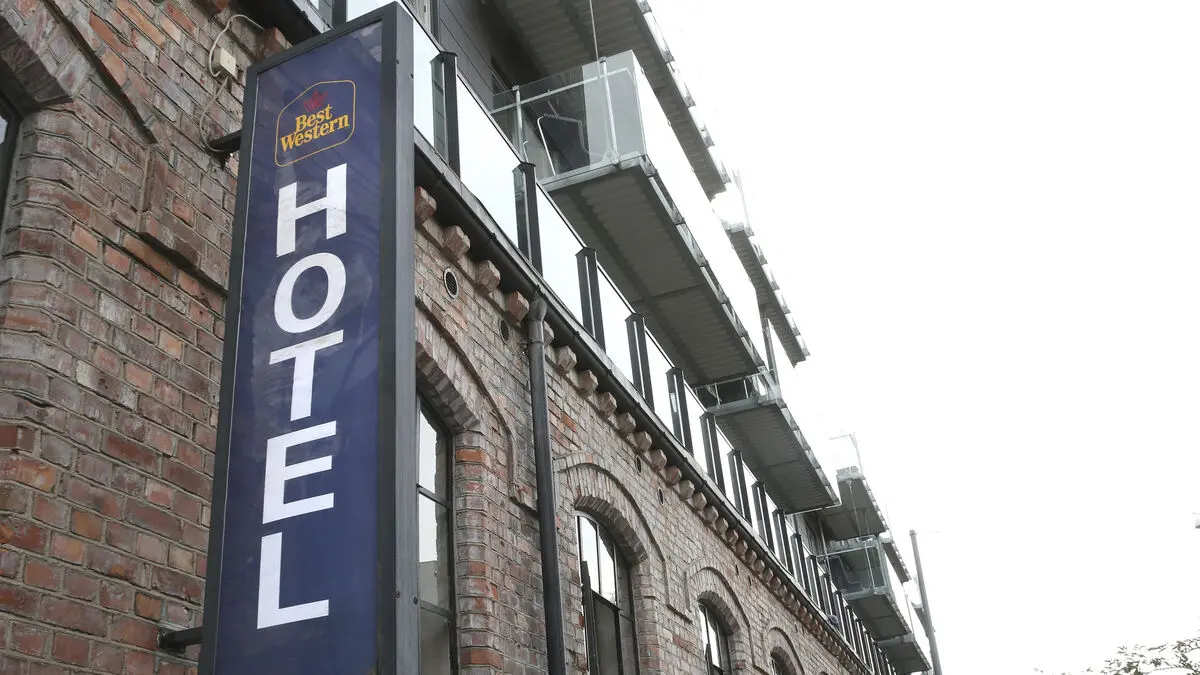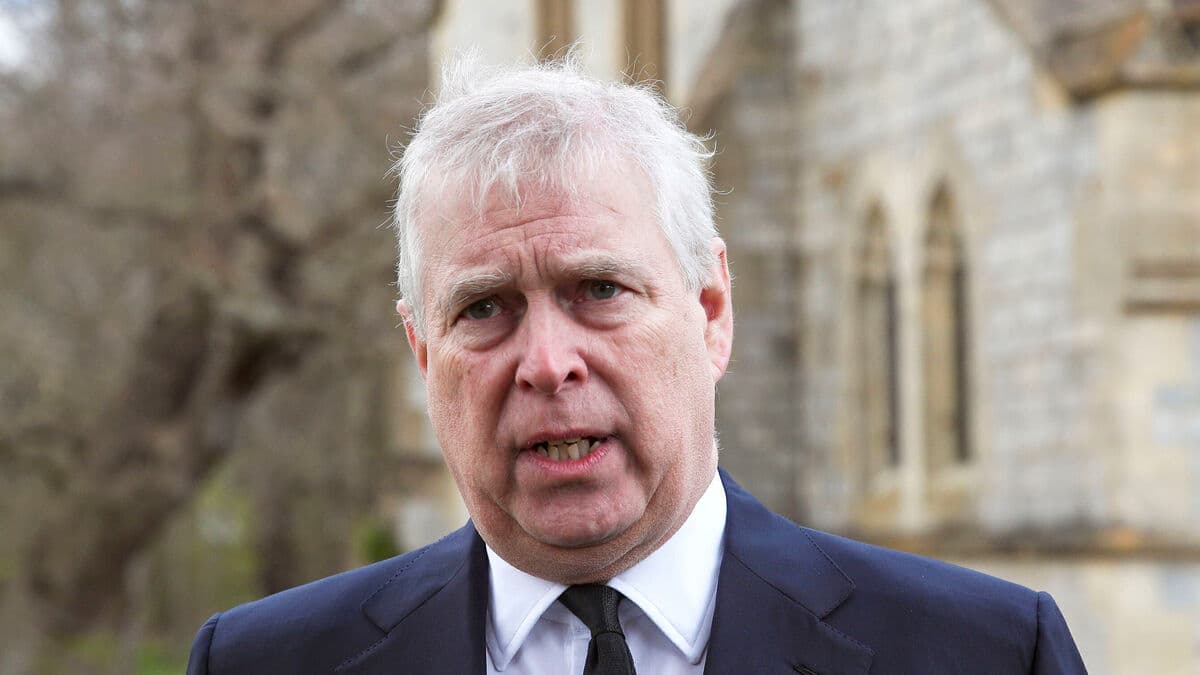Israel is starving, killing and expelling Palestinians while also attacking and blocking humanitarian organizations that are trying to save their lives, says the Palestinians' ambassador to the Netherlands, Ammar Hijazi, before the judges in ICJ.
The court began a week of hearings on Monday about whether Israel is doing what it should to "ensure and facilitate" aid deliveries to Gaza's civilian population.
Israel has not requested the floor, but dismisses the court, the UN's highest judicial authority, entirely. Foreign Minister Gideon Saar appears before a press gathering in Jerusalem and accuses ICJ of participating in a "systematic persecution" of the "world's most attacked country".
The most difficult situation so far
The UN General Assembly adopted a resolution from Norway last year to let ICJ investigate whether Israel is acting in accordance with international law in this regard. This happened after Israel decided to ban the UN's aid organization for Palestinian refugees (Unrwa) and effectively stopped its work.
Now, Israel has stopped all inflow of humanitarian aid – food, medicine, fuel, and more – since March 2. On March 18, Israel broke a fragile ceasefire and resumed airstrikes, where up to 2,000 people are reported to have been killed.
The UN's various aid agencies working with the Palestinian areas have been loudly warning in recent weeks that the humanitarian situation there is the worst so far during the war and is on the verge of collapsing completely.
Unrwa's highest chief, Philippe Lazzarini, has proclaimed that aid is being deliberately used as a bargaining chip, and the escalating starvation as a weapon against Gaza's inhabitants.
Doing what one can
The court will provide a clear guiding but legally non-binding answer to the question of whether Israel is doing what it should to facilitate acute aid that is crucial for the survival of the Palestinian civilian population.
One of the Palestinians' legal representatives in The Hague, Paul Reichler, said during Monday's hearing that Israel is not only obligated under the Geneva Conventions to allow aid efforts but also to facilitate them with all available means.
In the hearings, 40 states and four international organizations will be heard. Israel's ally, the US, which voted against the original resolution, has planned to appear on Wednesday.
The International Court of Justice in The Hague (ICJ) is the UN's highest court and handles disputes between states.
ICJ was established when the UN Charter came into force in 1945. Its judgments and decisions are legally binding for states that have joined – including Israel – but in practice, the possibilities of ensuring compliance are small.
The court has 15 judges who are elected in batches by the UN General Assembly and Security Council. The current chief judge is Japanese Yuji Iwasawa.
ICJ should not be confused with the International Criminal Court (ICC), which prosecutes crimes against humanity and war crimes. ICC is also based in The Hague, but operates independently of the UN.
Civilians must not be attacked in armed conflicts and must be protected, according to humanitarian principles that the world community has agreed upon.
The laws of war – formally the international humanitarian law – aim to spare combatants, wounded, prisoners of war, and civilians unnecessary suffering. The core consists of the four so-called Geneva Conventions from 1949, which have been ratified by nearly 200 states. Both state and non-state actors are covered by the laws.
Key words are distinction (distinction between civilians and combatants), proportionality (the military significance of an attack must be weighed against the risks it poses to civilians), and precaution (all parties must take all possible precautions to ensure that attacks only target military objectives).
The fact that non-civilian persons are present among civilians does not mean that the group as a whole can be considered a legitimate target. The civilian population must not be used as so-called human shields to defend against attacks.
The special protection emblem of healthcare must be respected, and the warring parties must do what they can to facilitate humanitarian efforts.
Source: UN, Red Cross, and National Encyclopedia






